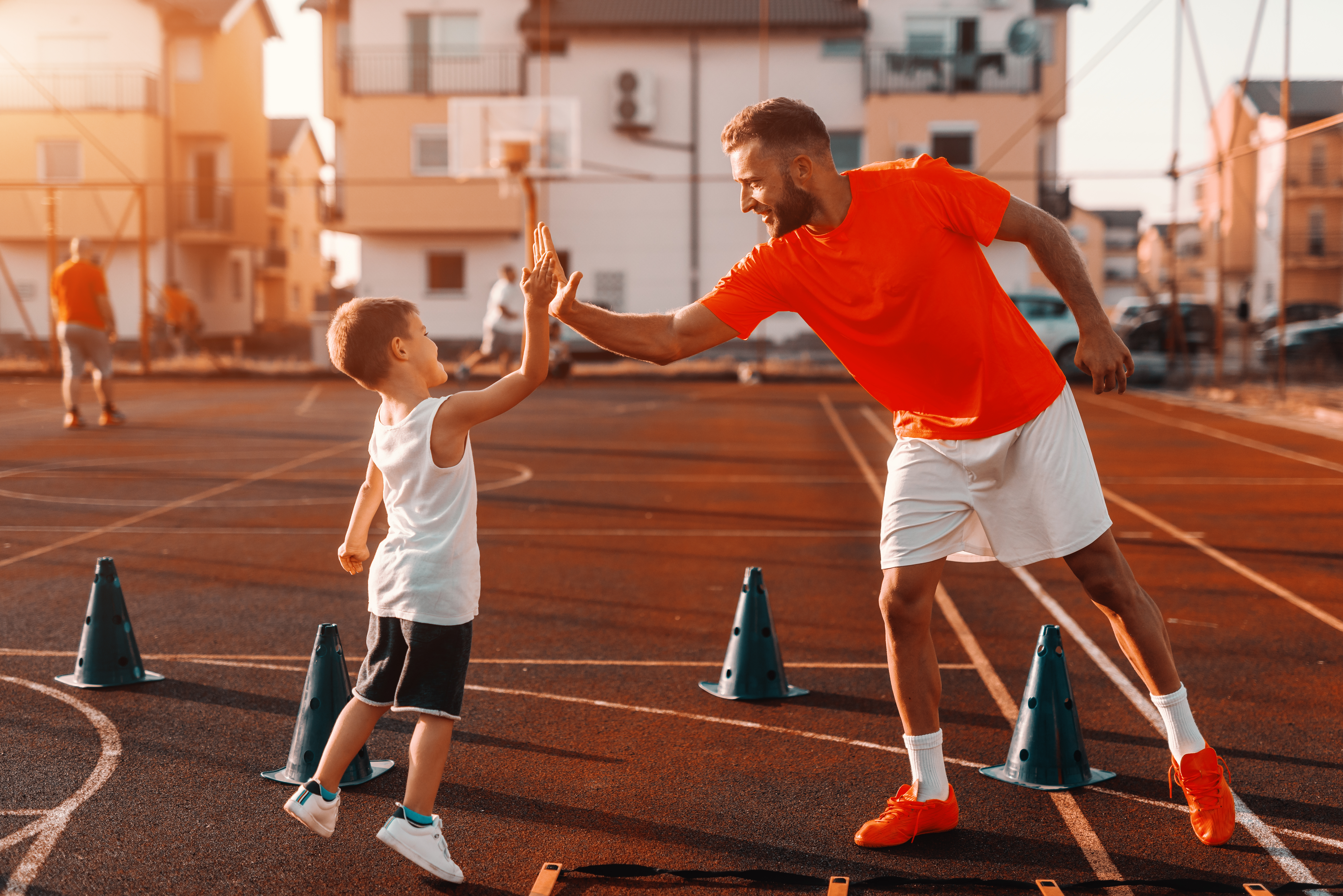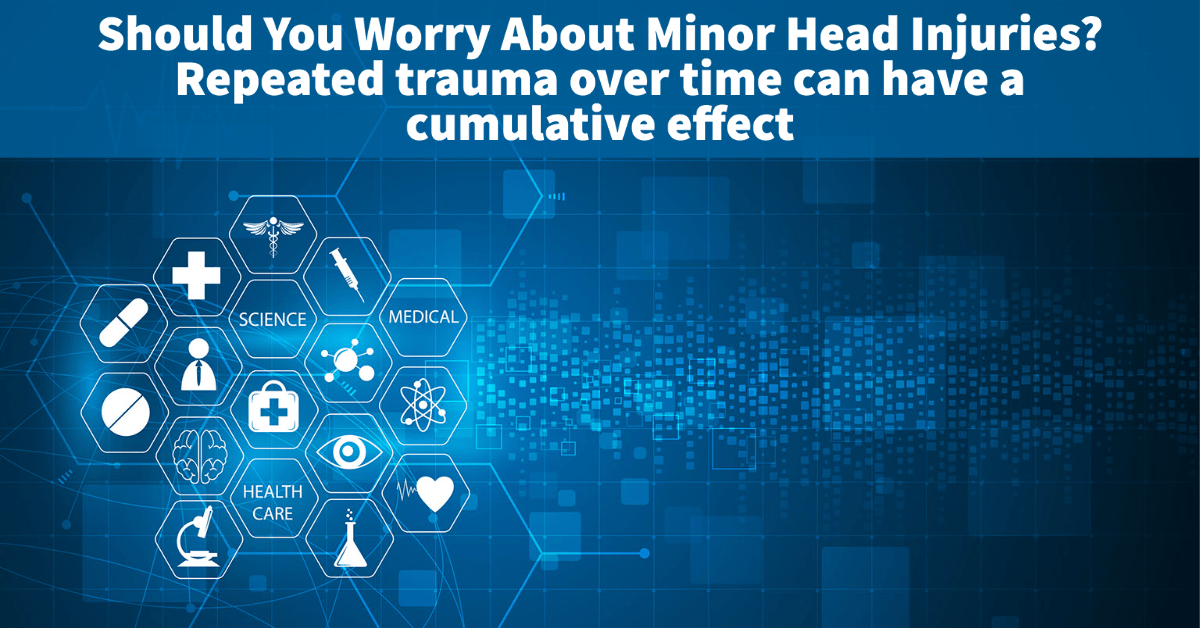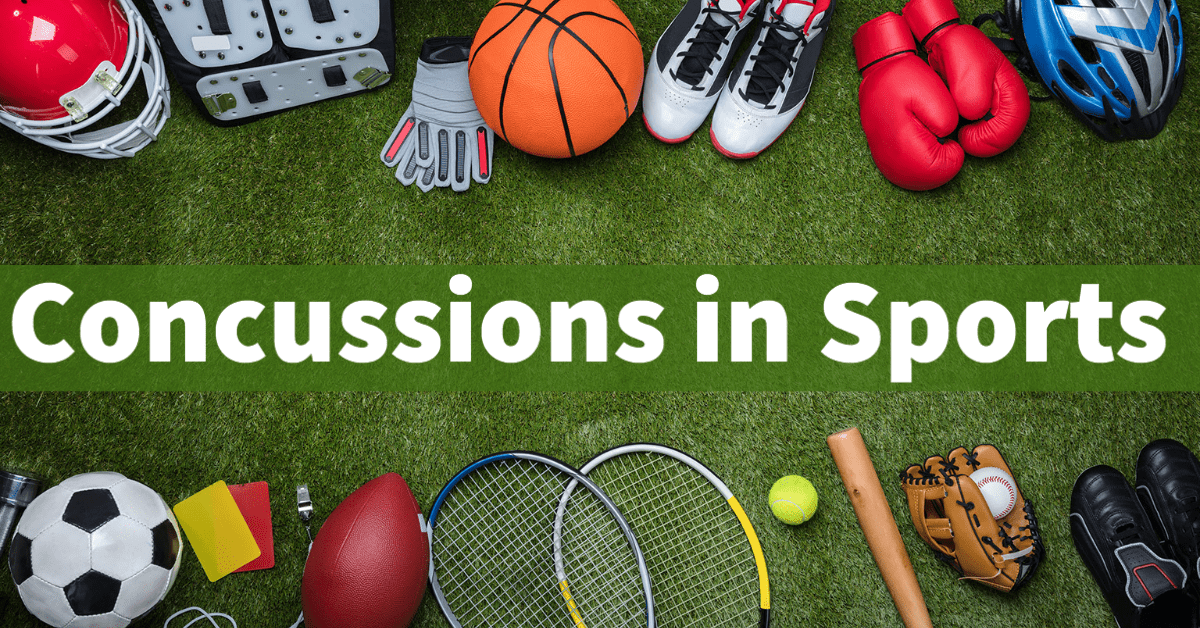For Coaches and Trainers
To All Coaches

Coaches are a blessing to every student they coach. Their passion for the sport and their athletes is embedded in all that they do and they are an inspiration to all of us. There are no sports without coaches. I can count every coach that our son had as a wonderful person that cared deeply about our son and loved him as much as we did.
They also have a significant impact on athletes as a mentor, leader and sometimes father figure. Many times I went to our son’s coaches and had them tell our son to do something like eat more protein, work on legs, etc. that he really didn’t want to hear from me.
When it comes to concussions, Coaches are aware as they care about these athletes and do not want them to suffer. However, when it comes to things like post-concussive disorders, subconcussive impacts, and the long-term effects of sports on student-athletes, many admit they need more training or information and consider themselves lacking in knowledge about these conditions.
While we are not coaches, we can attempt to provide any information that we can find to assist coaches in becoming more informed. There are many more people, organizations, and researchers who are much more involved and informed on these issues. Our job is to get the conversation started and hopefully provide connections that can lead to knowledge and the prevention of any future injuries.
Please let us know if there are any other links, associations, organizations, or papers that we can link coaches up with to continue the dialogue on how to identify or prevent injuries associated with concussive and subconcussive trauma.
Resources

Should You Worry About Minor Head Injuries?
Scenario one: You’re playing ball, get beaned in the head, and start to feel nauseous and dizzy. Uh-oh. You know there’s a possibility of a concussion, so you go to your nearest emergency room. Scenario two: Same ballgame, same beaning, but you feel fine. No need to worry or see a doctor, right? Well, you may want to reconsider. In this Q&A, concussion expert Richard Figler, MD, discusses these minor head injuries, called subconcussive hits, and their impact on the brain.
https://health.clevelandclinic.org/

Concussions in Sports
Concussions are a surprisingly common occurrence in sports. High school athletes suffer thousands of concussions every year, most often in football, ice hockey, and soccer. Concussions do not always involve being “knocked out” or a loss of consciousness. A concussion occurs whenever a child’s mental status changes as a result of trauma (usually a blow to the head). A child who shows signs of mental confusion or is “dinged” by a blow to the head has suffered a concussion.
https://www.nationwidechildrens.org/

TBI Data and Statistics
In the United States, traumatic brain injury (TBI) is a serious public health concern that results in death and disability for thousands of people each year. The data highlighted on this page describes 2014 national incidence estimates of TBI-related emergency department visits, hospitalizations, and deaths (TBI-EDHDs) by the mechanism of injury, intent, and age. The data also describes the trends in TBI incidence by mechanism from 2006-2014.
https://www.cdc.gov/
